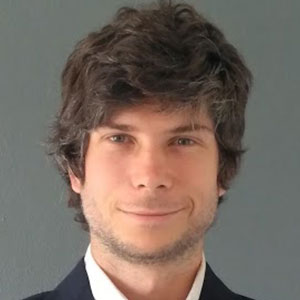Thomas’s research is fuelled by a fascination for the human brain and the way in which thoughts emerge from such a small piece of matter. He completed a PhD at the Ecole Normale Supérieure in Paris, on the brain’s ability to process sensory information during sleep.
His research focuses on understanding how modulations of sleep and vigilance – such as sleep intrusions during wakefulness and wake intrusions during sleep – affect our brain’s ability to produce sensations, decisions or actions. He showed that sleep is not a homogenous process and that the sleeping brain is far from disconnected when sleep.
His work suggests that we can even learn when we are asleep. Conversely, when we get tired, we may become slow at responding to images, paralleled by neurons getting sluggish.
At Monash University, Thomas is examining how the neural mechanisms associated with mind wandering and day-dreaming affect our capacity to interact with our environment. The research combines psychological experiments with electrophysiological recordings in healthy individuals and patients. This work is part of a broader inter-disciplinary focus on sleep, dreams, mind-wandering and consciousness with A/Prof Tsuchiya (Psychology), Dr Jennifer Windt (Philosophy) and others.
Most recently, their paper Does the Mind Wander When the Brain Takes a Break? aims to build a parallel between spontaneous experiences in sleep and in wakefulness by integrating evidence across neuronal, behavioural and experiential levels.

